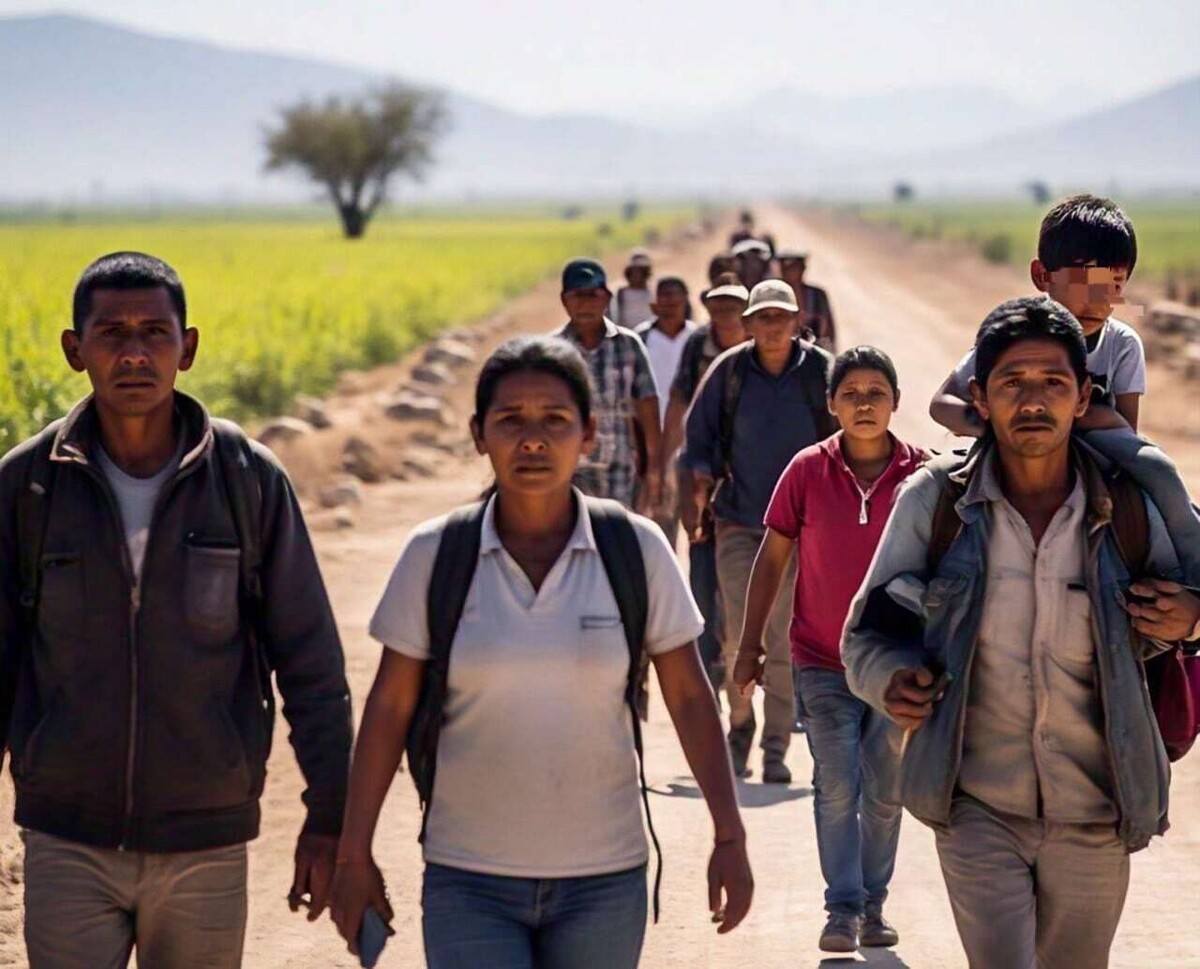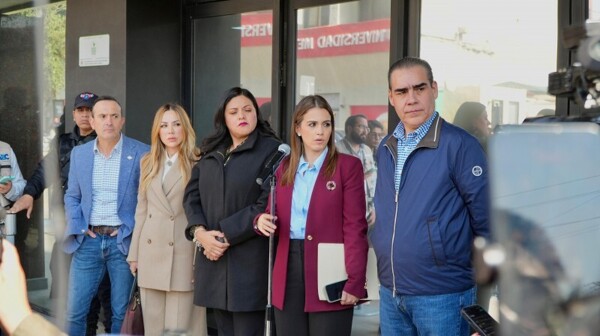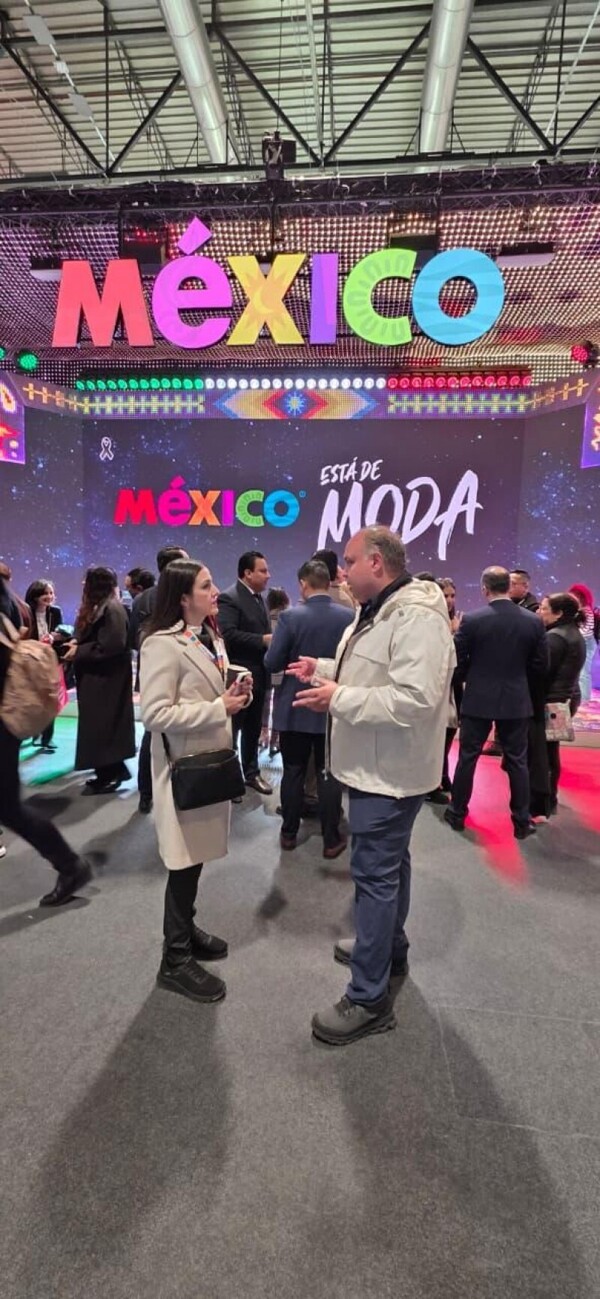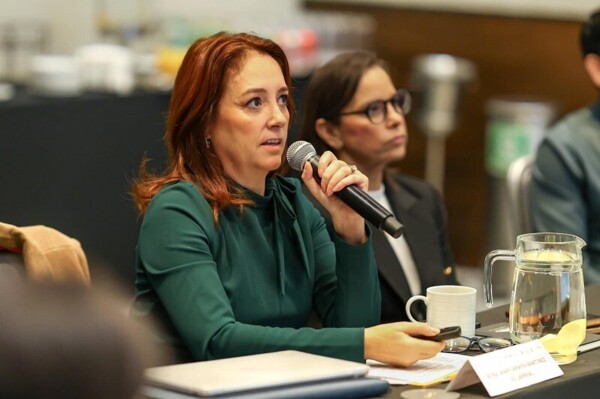
In Nuevo León, the Secretary of Labor, Federico Rojas Veloquio, emphasized that the industry and commerce in the region offer some of the best salaries nationwide. He highlighted that the competition is not with other cities, but within the same state. Additionally, with the proximity of hosting the 2026 World Cup, there will be a need for labor, especially in the entertainment and food industries, so migrants who speak English would be of great help during the sporting event.
The Secretary of Labor is working on the certification of entertainment and food companies to ensure they have staff trained in English, thereby guaranteeing quality service during the World Cup. A high demand for employment is expected, and the importance of presenting a good image of Nuevo León through the training of employees is emphasized.
In light of Donald Trump's upcoming assumption of the presidency of the United States for a supposed second term, a scenario of increased rigor in immigration issues is anticipated, which could result in mass deportations and the consequent arrival of thousands of undocumented individuals in Mexico, in need of shelter, food, and employment.
In this context, various industries, such as hotels, have opened their doors to the legal hiring of migrants. Jesús Nader Marcos, president of the Mexican Hotel Association in Nuevo León, highlighted the positive experience of hiring migrants: "The experience of hiring migrants went well for us. And while there are many we encounter on the streets begging, most really want to work." There is a goal to collaborate with the National Migration Institute to accommodate foreign employees, whether temporarily or permanently.
Meanwhile, the organization Casa Monarca is seeking support from citizens to help refugees, displaced persons, and migrants in the region. Its founder, Luis Eduardo Zavala de Alba, has called for financial contributions to ensure decent conditions for this vulnerable sector. Monthly donations of 150 pesos are requested to provide food and personal hygiene supplies, and up to 1000 pesos a month to support regularization processes and family welfare. The efforts aim to provide comprehensive and humanitarian support to those in need.














